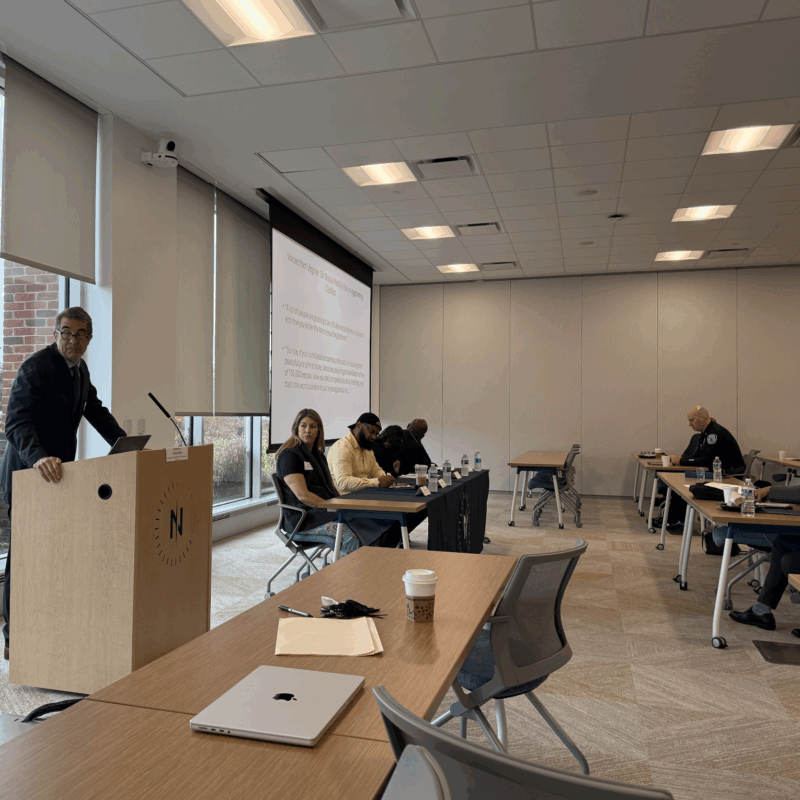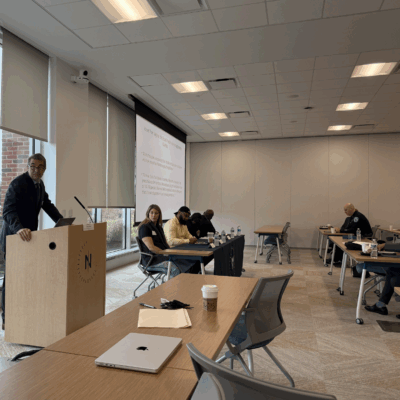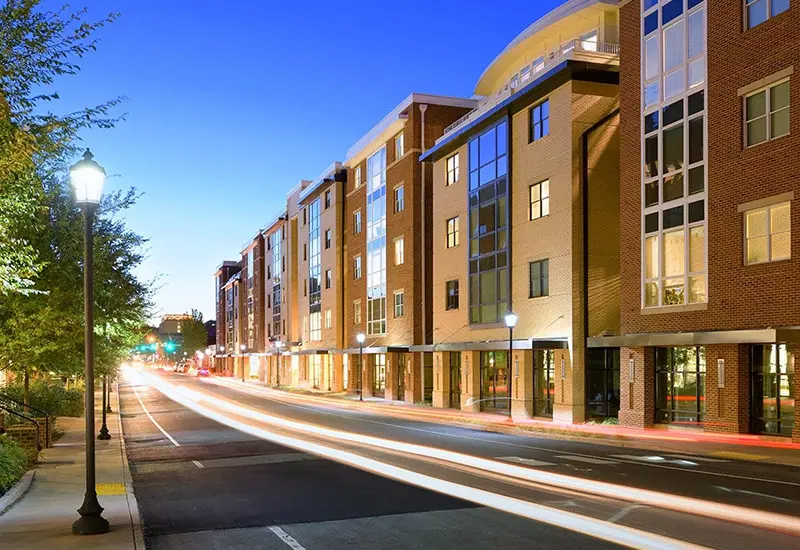By Caroline Challe
Mountains of reading, devilish final exams, finding your way into adulthood—college can be stressful under the best of circumstances. This year, coronavirus turned UVA’s public spaces into ghost towns, and rendered many college students’ traditional methods of de-stressing impossible, or at least unwise. (Although it’s true that some students made their way to the bars anyway.)
The weight of social isolation, normally rare in a college environment, served as a new stressor for many students. “One of the biggest issues I faced this semester was the lack of camaraderie,” says third-year Emily Kruse. “I normally like to study in libraries or in more public spaces. Something about seeing my peers working late nights gives me more of a sense of purpose than sitting alone at home.”
For fourth-years, these past nine months were starkly different than the rest of their UVA experience. There were big changes, of course, like online classes and community traditions deferred—but the virus also added a base layer of stress to the social fabric of college life. “I found myself constantly worried,” says Pilar Jimenez Larre Borges. “When I ran into someone or got lunch with people, outside and six feet apart, I wondered if they had COVID-19. Or what if I had it and gave it to them? And then they gave it to someone else?”
As older students adapted to a new type of life at UVA, first years faced a unique set of circumstances. Daniel Bojo says the virus made it hard to develop a social network in a new place. “The biggest challenge of being a first year during this time was reaching out and meeting new people,” he says. ”It’s hard to meet people for the first time on Zoom and only see them online.”
UVA’s Counseling and Psychological Services, the school’s student-focused mental health care provider, has been offering services online since March.
“Students have talked about the impact of remote learning,” says Nicole Ruzek, director of CAPS, “and how it’s been more challenging to find motivation for class and stay on top of course work when everything is online. Some have also talked about increased levels of isolation or loneliness.”
“We added specific groups for students concerned about COVID as well as students in isolation or quarantine,” Ruzek says. “Support groups help students talk about their anxiety in regards to COVID-19, about either getting it themselves or having friends or family who are getting it. Our isolation and quarantine groups give students other people to talk to while they’re going through that experience.”
Services aside, students have found new ways to manage stress this semester. Third-year Jack MacLeod has focused on the little things. “Going on drives out into Albemarle, drinking coffee on my deck, short walks in between classes—it all adds up,” he says.
And new rituals have replaced the old. “My roommate and I started a ‘feelings wall,’” says MacLeod. “At the end of each day, we’d do a little check-in with ourselves on a post-it note and place it on our wall. It started as a joke, but it turned out to be an emotional crutch for me.”





